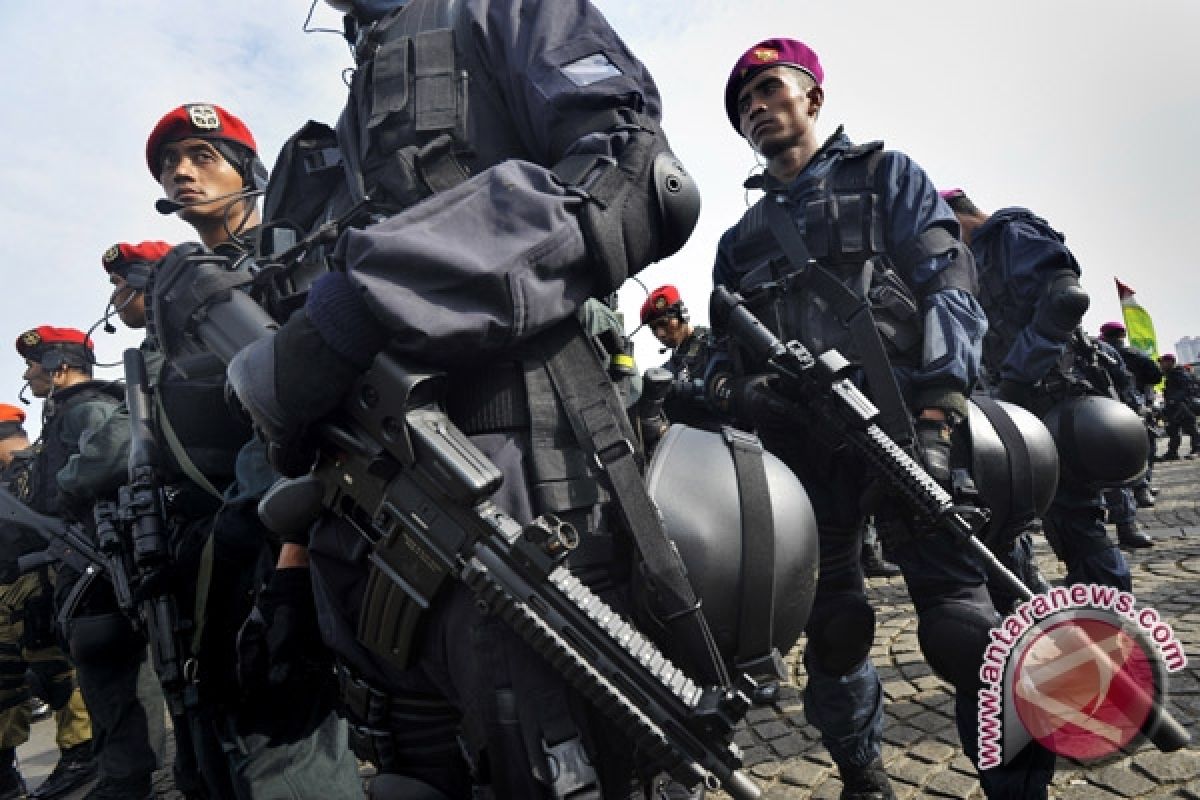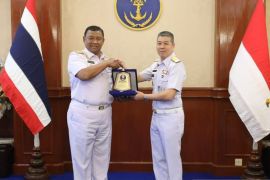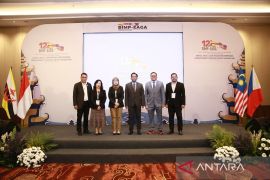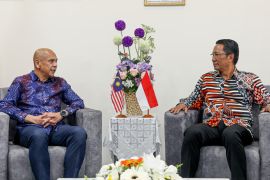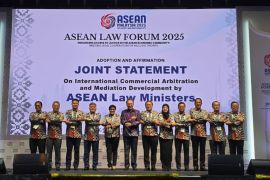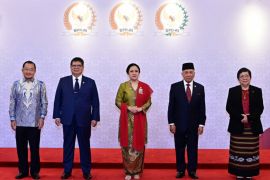Brunei Darussalam became the sixth ASEAN Member State to ratify the ASEAN Convention on Counter-Terrorism (ACCT) and deposited its ratification instrument with the Secretary-General of ASEAN on 28 April 2011.
According to Article 21 of the ACCT, the Convention shall enter into force on the 30th day following the date of the deposit of the 6th instrument of ratification or approval with ASEAN Secretary-General Dr Surin Pitsuwan.
The ACCT has taken on an added urgency in the light of recent events, said Dr Surin Pitsuwan in Jakarta Tuesday (May 3) .
"Osama bin Laden`s death represents the end of a chapter on the fight against violent extremism and global terrorism. The world is now at a critical juncture and we in ASEAN would have to be vigilant during this period of anxiety and uncertainty, and be prepared for any adverse eventualities," he said.
The Secretary-General stressed that the ACCT serves as the cornerstone in enhancing the region`s capacity to confront terrorism in all its forms and manifestations and to deepen counter-terrorism cooperation. The ACCT also enhances the region?s strategic role in the global strategy on counter-terrorism.
Signed on 13 January 2007 in Cebu, the Philippines, the ACCT has been previously ratified by Singapore, Thailand, the Philippines, Cambodia and Viet Nam.
"I strongly encourage the remaining ASEAN member states to expedite their respective ratification process," he urged. The ASEAN region has already been taking proactive measures including the implementation of the ASEAN Comprehensive Plan of Action on Counter-Terrorism. The forthcoming entry into force of the ACCT will add new momentum to ASEAN`s concerted efforts in countering extremism and terrorism.
"The road to ending violent extremism, terrorism and global cultural discords might very well run through the ASEAN region," he added. (*)
Editor: Aditia Maruli Radja
Copyright © ANTARA 2011
